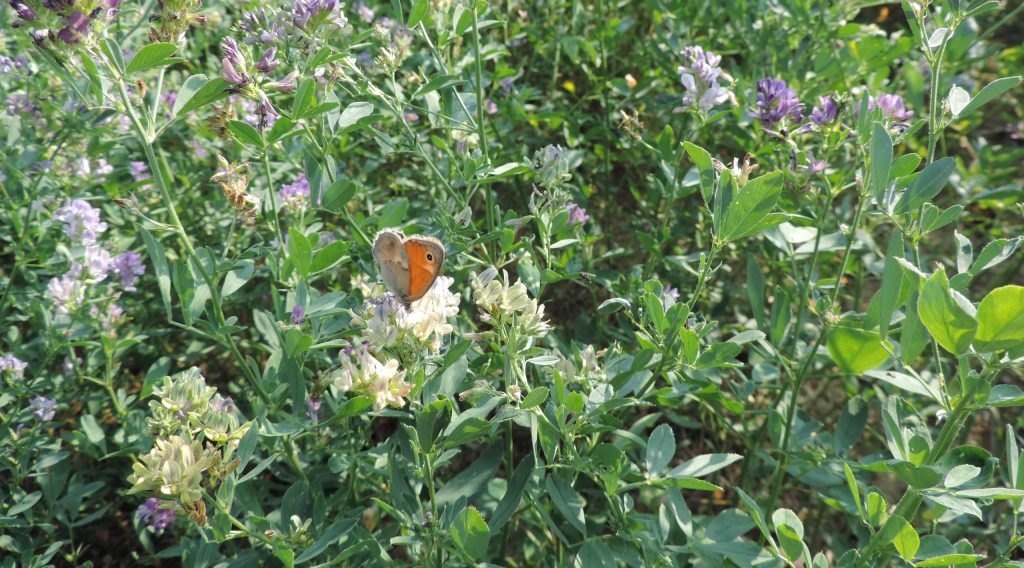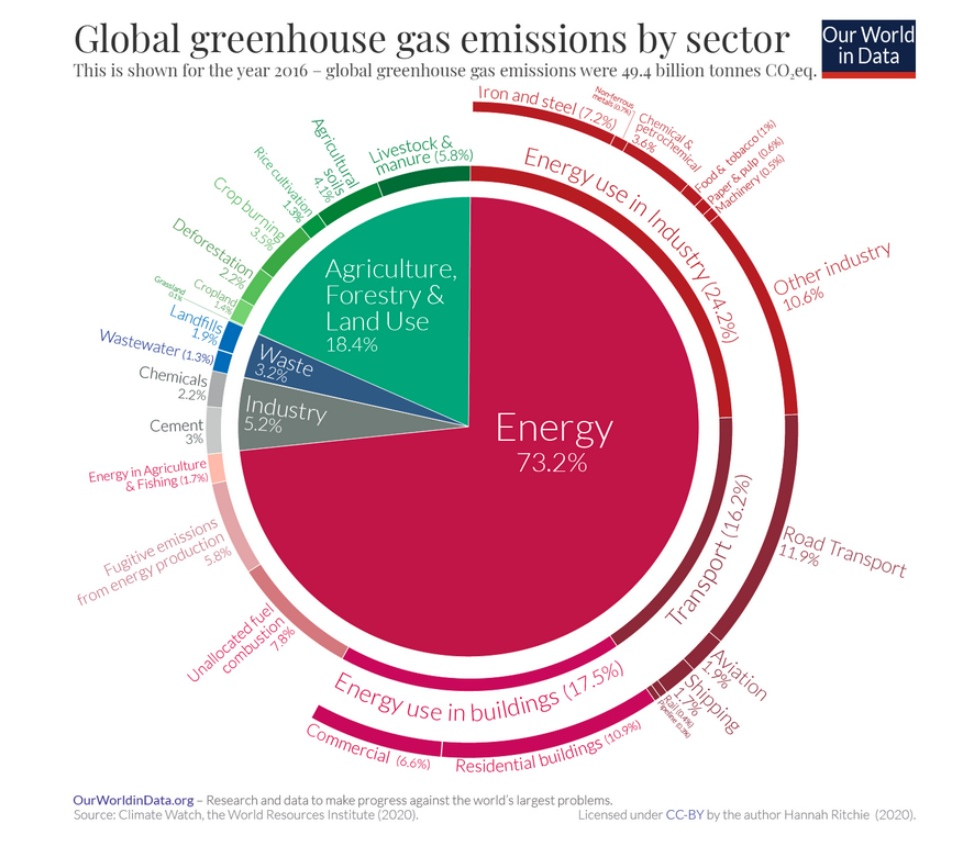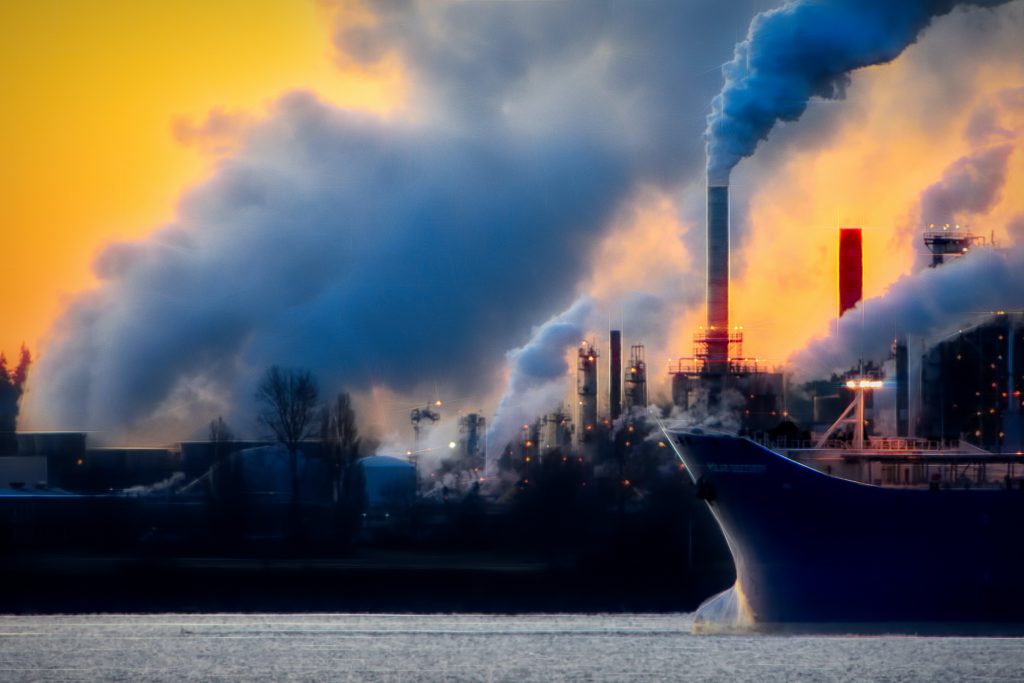We are defined by our everyday actions and the way we achieve our goals.
As major players in the agri-food industry, we face enormous and pressing challenges; one of these is environmental, another concerns food security. These challenges demand that we play our part as businesses and as individuals with skill, responsibility and an eye to the future, backed by our many years of experience and always guided by our greatest muse, Mother Nature.
In fact, nature itself is giving us increasingly clear messages: temperatures higher than seasonal averages, intense storms and flooding or the reverse, prolonged drought; or even invasions of pests, like the locusts that hit our country last year. These are the effects of global warming caused, to a large extent, by human activity.


According to environmental monitoring figures published on the Climate Watch platform of the World Resources Institute of Washington in December 2020, agriculture is responsible for approximately 18% of emissions globally. Although this is far less than the emissions caused by energy production for the steel industry, transport etc, agriculture must contribute to mitigate this and slow climate change.
In this sense our business can be considered advantageous, because it deals with an extraordinary raw material that is naturally climate positive.
In terms of our production processes, we also aim for transparency by our participation in a research project – Medi-C-A-Rbonio – which focuses on calculating the emissions and carbon capture for the production of animal feed from alfalfa, in order to assess our contribution to mitigating climate change. The project is part of the Emilia Romagna Region’s 2014-2020 rural development programme, and involves the Italian Association of Dehydrated Forage and the Reggio Emilia Animal Production Research Centre. The project began recently and will conclude in 2023, but similar research in France has given positive results: 1 hectare of land planted with alfalfa can capture 4 tonnes of carbon a year.
Our second major challenge is food security; the European Union is currently soy-dependent on South America. Soy consumption in Europe has risen from 2.42 million tonnes in 1960 to approximately 36 million tonnes today. Italy imports some 385,000 tonnes every year.
Like alfalfa, soy is the protein component in animal feed, essential for rapid growth. Cattle, pigs, chickens and fish are raised on tonnes of soy-based feed. And soybean plantations are consuming – or rather, devouring – forests, hills and biodiversity. In the Amazon region, farms covering thousands of hectares are managed by two or three people; ploughing and planting are completely mechanised, herbicides are sprayed from planes and giant combines harvest the crop. The soy is then loaded into trucks that travel hundreds of kilometres to ports, transferred to container ships and transported across the ocean, before completing the final part of its journey – again hundreds of kilometres by road – and arriving at factories

On a global level, the use of soy in livestock farming requires vast quantities of chemicals in the soil, fuel consumption, emissions and the destruction of valuable forest.
There are many questions to be answered, not least the controversial issue of genetic manipulation which is normal in this type of farming. On the other hand, we have the option of alfalfa, with its healthier proteins, to feed animals instead of soy.
This appears to be the perfect moment for our politicians to reexamine the issue, in the light of the European Green Deal and the renewal of the Common Agricultural Policy.
We sincerely hope that the production of green proteins like alfalfa will be supported by the European Union, for the future of the world.
We are very proud to be part of an essential production chain; it gives us a great opportunity and an equally important responsibility: to deliver a sustainable future for the generations to come.
It’s an ambitious aim, and we will continue to devote all our ingenuity, energy and alfalfa seed to make it happen.

